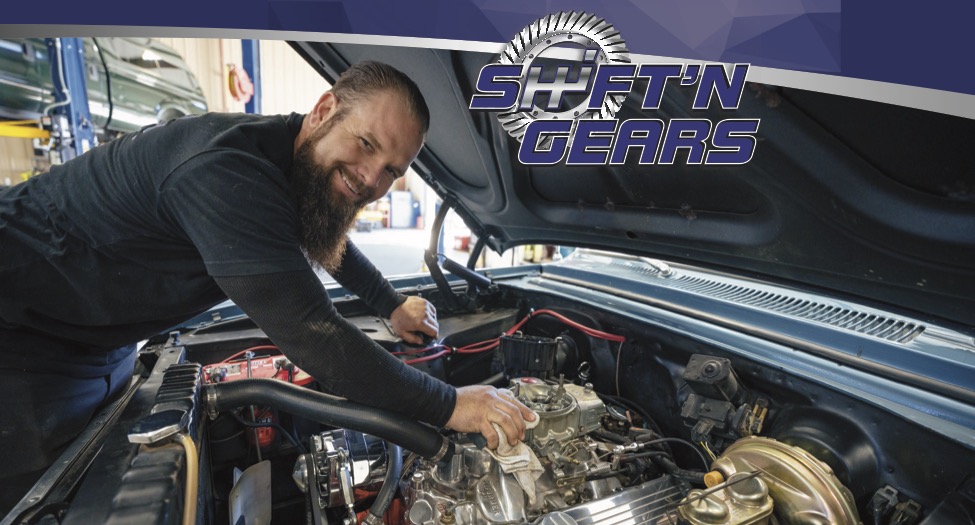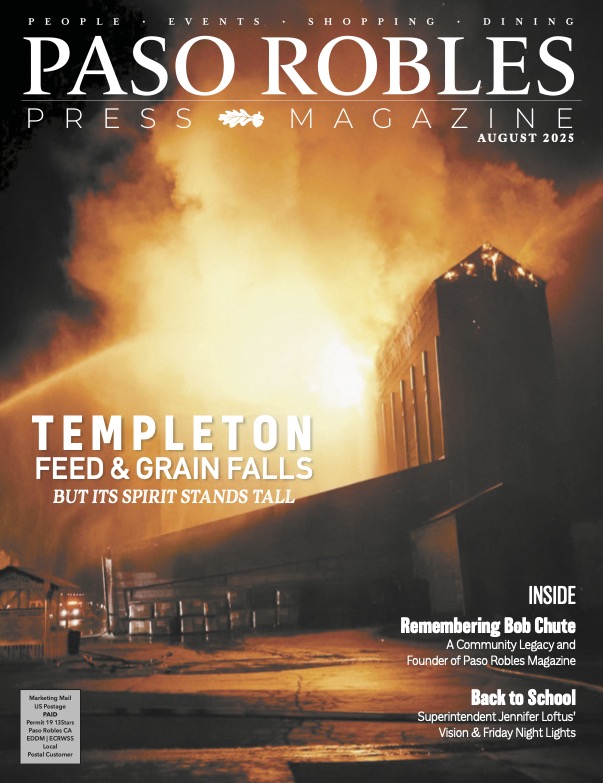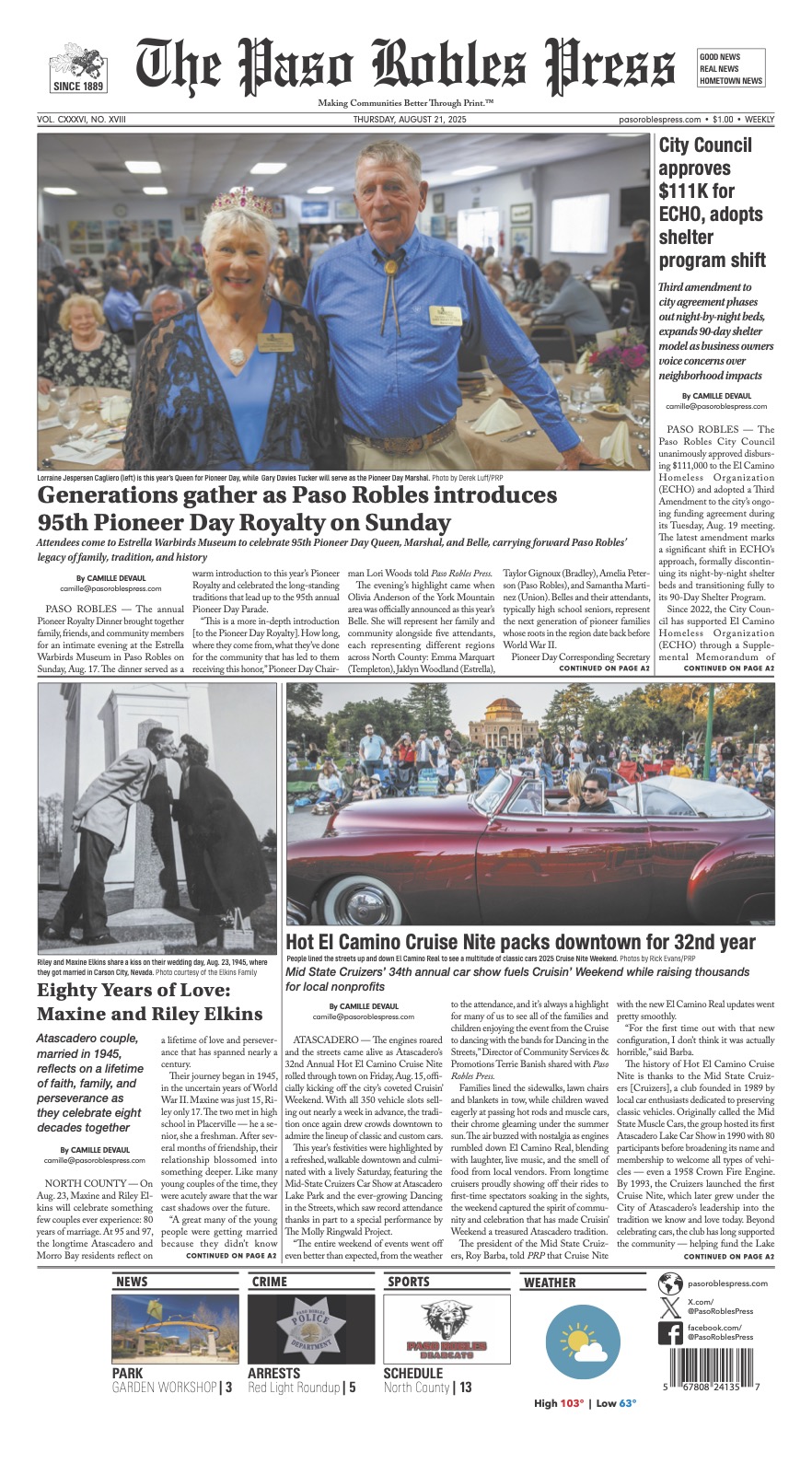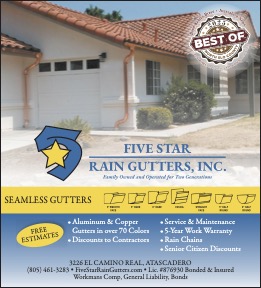At the heart of the debate surrounding California’s Smog Check Program lies a central question that defines much of the American political and cultural landscape: “How much regulation is too much?” In a country built on the principles of liberty and personal freedom, policies that mandate how people maintain and operate their personal property — especially something as iconic as a vehicle — can feel intrusive. For many, a car represents independence, identity, and mobility. When the government steps in to say which cars are allowed on the road and under what conditions, it inevitably raises concerns about overreach.
However, freedom does not exist in a vacuum. True liberty in a civilized society comes with the understanding that one person’s actions must not infringe on another’s rights or well-being. It’s never just “one” person. Driving a high-polluting vehicle may seem like a personal choice, but the emissions from that vehicle can directly contribute to poor air quality, leading to asthma, heart disease, and premature deaths — especially in densely populated or low-income communities. In this light, emissions regulations are not simply about compliance; they are about protecting public health and ensuring clean air as a shared resource.
Personal freedom must sometimes yield to the greater good. This tension isn’t new. Seatbelt laws, smoking bans, and speed limits were all once viewed as controversial infringements. Over time, they became accepted standards because they preserved life and prevented harm.
That said, there are valid critiques about how regulation is implemented and the continued excessive build up of the smog program. The rules change so frequently that vehicle owners struggle to keep up, often facing costly repairs or forced retirement of cars that were compliant just a few years prior. The goalposts keep moving, impacting more people than it isn’t; this aggressive push, especially toward electric-only solutions, ignores the realities of working-class residents who rely on affordable transportation. Rather than encouraging progress, the ever-changing standards create frustration, financial strain, and a sense that the state is out of touch with everyday Californians. This environmental regulation, while once rooted in necessity, may no longer appropriately serve society’s needs and values due to what it has transformed into.
PASO ROBLES PRESS MAGAZINE
Copies of Paso Robles Press Magazine are directly delivered to 23,000 readers in zip codes 93446, 93451, and 93465 and 2,000 dropped with support from advertisers and subscribers. Together, we are Making Communities Better Through Print.™
To subscribe or advertise, click here.











